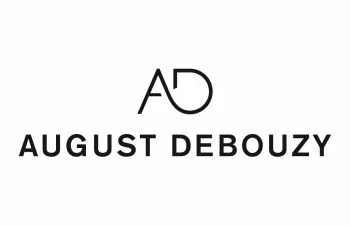- within Antitrust/Competition Law, Technology and Law Department Performance topic(s)
- in United States
- with readers working within the Healthcare and Technology industries
One remembers that on December 6th, 2017, the Court of Justice of the European Union (CJEU) stated, after a question being referred to it by a German court, regarding Coty's distribution network, that the supplier of luxury goods can prevent its authorized retailers from selling its products on market places such as Amazon or eBay (subject to the conditions set out by case law). The CJEU considered that such prohibition was appropriate and proportionate to protect the image of luxury goods1.
After this landmark decision, the French courts' position was highly expected.
On February 28th, 20182, in a dispute regarding Coty's French selective distributive network, the Paris Court of Appeal aligned with that decision.
Coty summoned Showroomprivé (an e-commerce platform) because it was selling some of Coty's luxury perfumes, without being a member of Coty's selective distribution network.
Showroomprivé argued that its actions were lawful because Coty's selective distribution network was illegal due to several characterized restrictions regarding regulation 330/2010 on vertical agreements, such as the prohibition of online selling via third parties platforms or market places.
On this issue, the Paris Court of Appeal totally followed the CJEU's position.
The clause prohibiting sales via third parties platforms "is [...] appropriate in order to preserve [Coty's products] luxury image and does not go beyond what is necessary to achieve the objective pursued, because it does not absolutely prohibit authorized distributors from selling the contract products on the internet".
The solution is crystal clear: luxury goods producers can prevent their distributors from selling on third parties platforms3.
Nevertheless, the Paris Court of Appeal, similarly to the CJEU earlier, leaves two questions unanswered, questions of the upmost importance for producers of goods distributed in selective distribution networks.
The first is the scenario where a third parties platform fulfills the quality-based selective criteria. These criteria must be applied in a nondiscriminatory manner, therefore the platform in question should be allowed to distribute the products.
Is it noteworthy in that respect that the French competition authority stated, as of 2014, in a case regarding the distribution of brown products, "that market places sites have the ability to meet product quality criteria".
The second question concerns the definition of luxury products. In this case, the Paris Court of Appeal underlines that "it is not disputed in the present case that the high-end perfumes sold by Coty France belong to the luxury goods segment". This is not surprising regarding the role played by luxury perfumes and cosmetics in the history of selective distribution.
However, for other types of products distributed via a selective distribution network, the answer could be less obvious.
Could "luxury goods" be defined by their cost or by the consumer's perception, which is a much more subjective notion? What would be the answer for technical products, for which the legality of selective distribution network is long-termed undisputed?
These questions will undoubtedly be at the heart of future debates on the subject.
Footnotes
1 See our article of December 6th, 2017, "Selective distribution and market place : the conclusion"
2 Court of Appeal of Paris, Pole 5 – Chamber 4, February 28th, 2018, n°16/02263
3 The Court of Appeal also rejects every others arguments advanced by Showroomprivé regarding sales to employee committees, resales to unauthorized distributors and new products.
The content of this article is intended to provide a general guide to the subject matter. Specialist advice should be sought about your specific circumstances.
[View Source]


